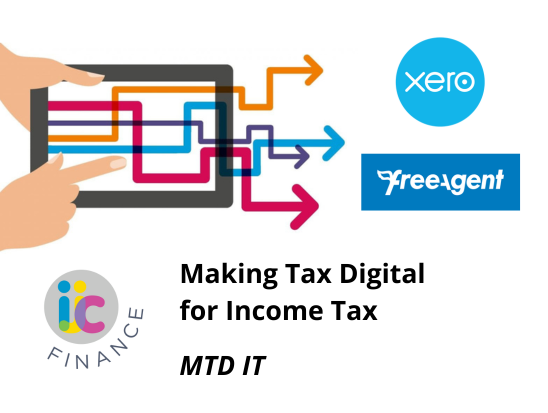Autumn Budget 2024 – did you catch it?
Isobel Chaplin •
October 30, 2024

Did you catch the Chancellor’s UK Autumn Budget 2024 today?
Here’s our quick roundup of how businesses will be affected…
Employer National Insurance
- The Government are imposing an increase in the rate of Employer National Insurance (Er NI) from 13.8% to 15% from April 2025, with the secondary threshold for contributions dropping from £9,100 to £5,000 on each employee. On the positive side, they are increasing the Employment Allowance for Er NI from £5,000 to £10,100 per annum, with the £100,000 eligibility threshold also being removed meaning all employers benefit from the EA increase.
National Living Wage and Payrolling of Benefits
- The Chancellor announced an increase in the National Living Wage (NLW) from £11.44 to £12.21 per hour for individuals over 21 as of April 2025. The rate for 18-20 year olds is increasing to £10 per hour.
- It will be mandated that Employers will need to use payroll software to report an pay tax on Benefits In Kind (BiK) from April 2026. This will cover the Income Tax and Class 1A NI due.
Business Vehicles
- From April 2025, Double-Cab Pickup Vehicles (DCPU) will be classed as cars for capital allowances in corporation tax and income tax. The existing treatment will continue for vehicles purchased before this date and there will be transition arrangements for vehicles ordered or leased before 6 April 2025.
- The 100% First Year Allowance on zero emissions cars is being extended another year, to 31 March 2026 for limited companies and 5 April 2026 for sole traders and partnerships.
Interest on Late Paid Taxes
- If you make tax payments later than their deadlines, then the interest you incur on late payments will increase by 1.5 percentage points to the base rate plus 4% from April 2025. This will apply to all types of tax, including company taxes.
Capital Gains Tax
- From 30 October 2024, the rates of Capital Gains Tax (CGT) are increasing. The changes are 10% to 18% for basic rate taxpayers and 20% to 24% for higher rate taxpayers. These changes bring the rates in line with those currently used for residential property gains. Where business owners and investors benefit from Business Asset Disposal Relief (BADR) or Investors Relief (IR), then a phased increased in the CGT rate is planned over the next two years to allow for time to adjust.
You can visit the budget in more detail on the Government website here.
If you need any support with your business taxes or advice on how this affects you, please give us a shout and we’d be happy to schedule in a meeting to discuss how we can help you.
Share this post..
Facebook
X
LinkedIn
WhatsApp






